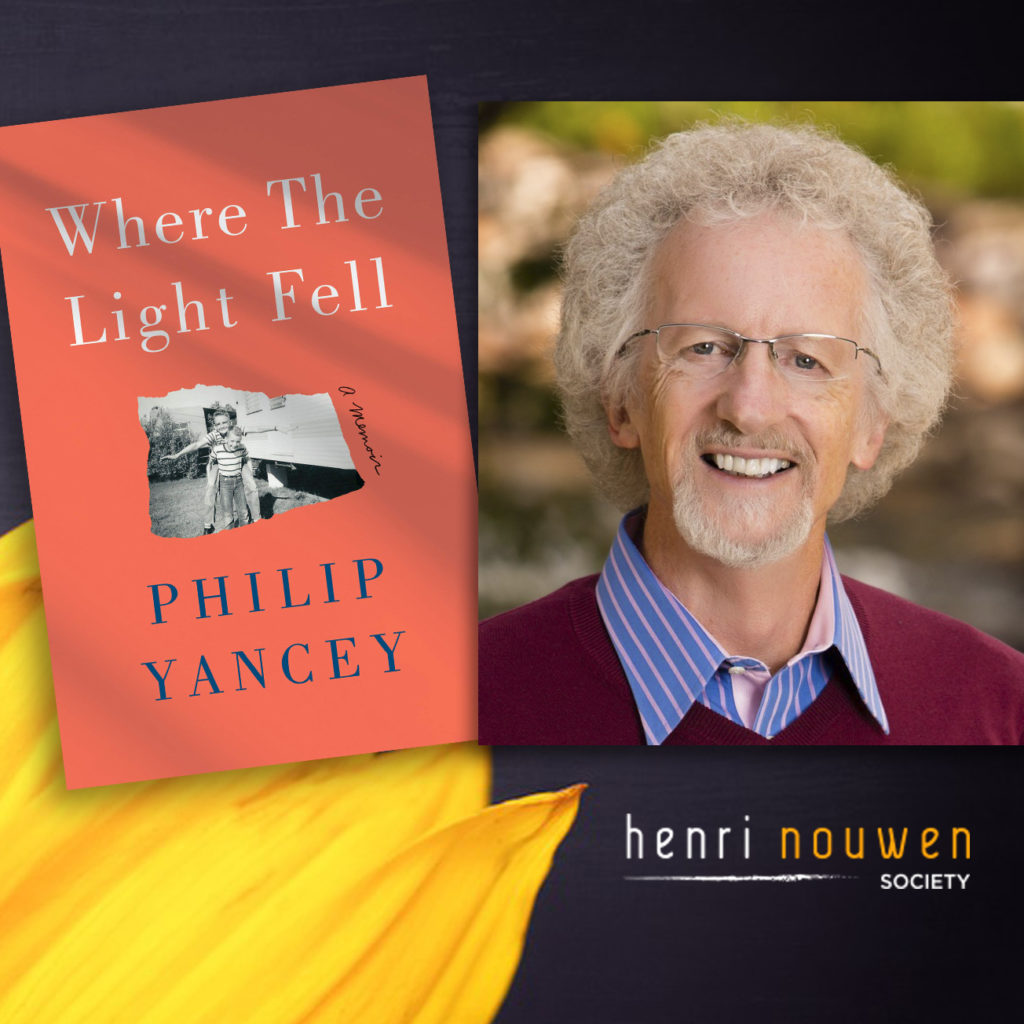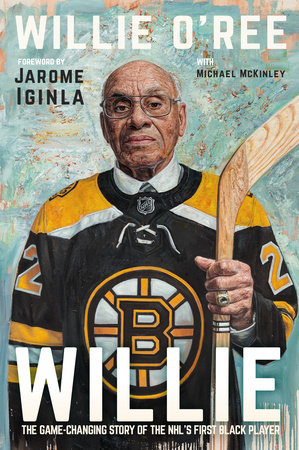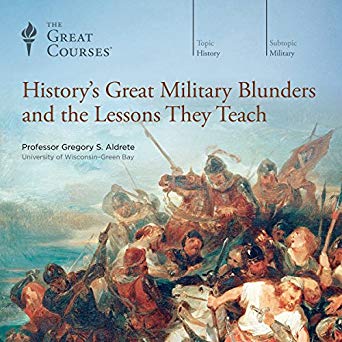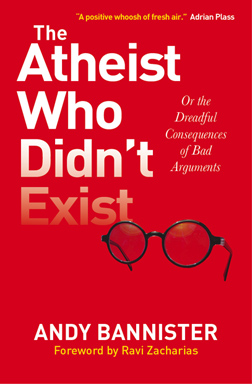Award-winning Christian author Philip Yancey admits that he is an unlikely Christian. In his hard-to-put-down memoir Where the Light Fell, he recounts the story of his upbringing. After reading it, I would have to agree with him wholeheartedly.
Sheesh, cringe and oof! For any Christians out there, this book is embarrassing. For me, it stings even more because so much of the Christian dysfunction in Yancey’s recounting corresponds to my own story.
- Psycho Religious Fanatic Parent
Philip never really knew his dad. Polio struck him down, but then miracle-working faith finished him off. Philip’s mom and dad agreed to take him out of the Iron-Lung that was keeping him alive to witness a healing miracle. Spurning the medical experts, they believed faith alone could save him. He died.
According to mom, the only way to redeem dad’s untimely death was to make sure the two boys left behind grew up to be missionaries in Africa. This becomes the focus of their lives, whether or not the boys want it. Mom uses guilt and physiological warfare to keep the boys in line and focused on their life’s purpose. Yancey recalls being bitten by his mother one time. Another time, she yells at him, “I’ll make you sorry you were ever born.” She regularly dishes out beatings for random, unimportant infractions. She is rarely loving or affectionate and quickly points out the boy’s faults. Marshall (Philips’s brother) is lazy, and Philip is a sneak. She tries to smash it out of them so that they will become good missionaries one day, but the more she emphasizes these faults, the more she cements them into their psyche.
The trouble is, everyone at church loves mom. She is a gifted children’s teacher and a home missionary. She works at camps and day clubs and leads heaps of people to the Lord. Somehow loving her boys well isn’t as important as knocking on doors, sharing the gospel with strangers and inviting people to church. Adding to this hypocrisy is moms acceptance of Victorious Christian Life theology. She believes that perfect fault-free living is possible in Christ, and she has attained it!
Eventually, Marshall rebels. Mom curses him, telling him that she will pray that God will break him.
“I will pray every day for the rest of your life that God will get you in a terrible accident so you die, or better yet maybe you’ll be paralyzed then you will have to lie on your back and stare at the ceiling and realize what a rebellious boy you are, I’ll pray that God causes you to lose your mind.”
What a lovely thing to say! Marshall can never seem to rise above his mother’s put-downs, and he ends up destroying his life, convinced that he is the worthless failure that she painted him out to be.
- Cult-Like Christian Fundamentalism
The world is an evil place, out to get you, be very afraid of it. The church is the only safe place you can trust. Do as you’re told, make church attendance more important than anything, give all of your money, make the pastors into heroes, and they will keep you safe. They will tell you what to hate and what to love. Never question the leadership. One time Phillip did pose a question; he was immediately labelled a “deceitful troublemaker.” for his inquisitiveness. These types of churches are characterized by lists of worldly vices to avoid to save your soul. Cards, movies, rock and roll music, pants on women, the list is endless. After high school, Philip was forced into a fundamentalist Bible college by his mom and church. One professor, in particular, hated Catholics openly and rejected various versions of the Bible — J.B. Phillips’s version in particular because Phillips was a friend of C.S. Lewis who drank beer and smoked a pipe. Another professor gave Yancey a low grade for a project without even looking at it. When asked how he arrived at the grade, the professor confidently told him that “The Holy Spirit tells me what grade each notebook deserves.”
“In high school I knew how to compete by working hard and using my brain, at this place intelligence seems like a negative.”
Page 217
- Racism of the highest order baked into their Christian World View
Racism was baked into the theology of Southern fundamentalism. Yancey remembers guest speaker Peter Ruckman hammering home racism from the pulpit with his Curse of Ham theory. “God cursed Ham and his descendants to be servants. This is where the Negro race comes from.” It took years for Philip to shake off the blatant racism instilled into him from his hyper-religious upbringing.
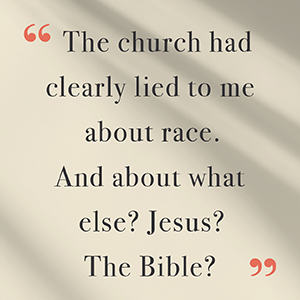
- Philip’s smug rejection of it all
Philip closed himself off. He became smug and inwardly rebellious, an expert at shielding his true thoughts and emotions. By his late teens, he knew he would not be following the Christian path so horribly modelled for him. He would become a skeptic, achieving the “ecstasy of indifference.” Like Nietzsche, who he was secretly reading, Philip would add to his indifference a strength which would crush any weakness in himself and others.
- So how did “The Light Fall” on Philip so that he became a Christian?
Nature — To escape the madness, Philip would often go for long walks in nature. He was captivated by the beauty and wonder of it all. He says, “Nature teaches me nothing about Incarnation or the Victorious Christian Life. It does, though, awaken my desire to meet whoever is responsible for the monarch butterfly.” For years Yancey “assumed that surrender to God would involve a kind of shrinking — avoiding temptations, grimly focusing on the “spiritual” things while I prepared for the afterlife.” What his focus on nature did was turn that thinking on its head. He goes on to say, “On the contrary, God’s good world presented itself as a gift to enjoy with grace healed eyes.” (236)
Music — At the Bible college, Yancey regularly breaks curfew and sneaks into the chapel to play the piano. He reflects on those days:
“The music draws out of me emotions I have no words for. Lenin once said that he refused to listen to Beethoven because the music made him want to pat children on the head. There are no small children on the college campus, but now I understand what he means. I leave the chapel and step out into the cool night air with its canopy of stars above, feeling refreshed and transported, humming— until I climb back to reality through an open dorm window, hoping I won’t get caught breaking curfew. (235)
Romantic Love — After meeting the woman who would become his wife, Yancey reflects
“What is happening to me? The simple act of a desirable woman extending her hand has changed everything,” and then he quotes Augustine “Show me a man in love; I’ll show you a man on the way to God” — For the record, I would like to know where Augustine said that because in all of my reading of him, romantic love was precisely the thing to be very wary of. In any case, it’s a good quote which fits Yancey’s story. The awakening of love for Janet awakened love in him for God as well. (240)
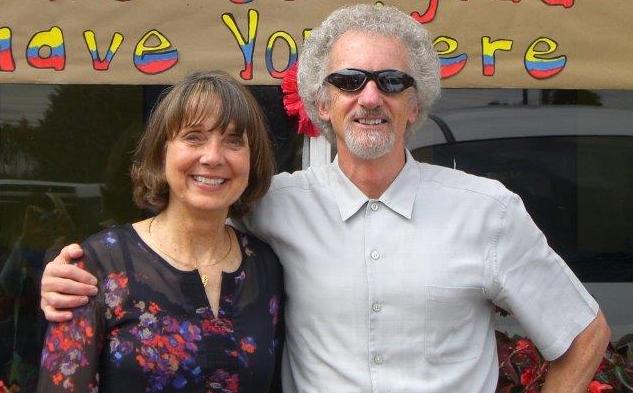
Words/Story – Reading helped Yancey see beyond the narrow confines of his fundamentalist world. Words and story captured his imagination and pushed him in the direction of God. He says, “ The power of words gradually overtakes me” and “every so often, though, the magic of language sweeps us out of our petty little worlds and pulls us towards something grander” (172)
Nature, music, romantic love and story converge on Yancey. He is unable to resist their heart-softening influences. Smug indifference and power are no way to live. He finds the seed of love in the good news. “In the end, my resurrection of belief had little to do with logic or effort and everything to do with the unfathomable mystery of God. Someone is there, I realized that winter night in a college dorm room. More, Someone who loves me. I felt the light touch of God’s omnipotence, the mere flick of a divine finger, and it was enough to set my life on a new course. (249)
